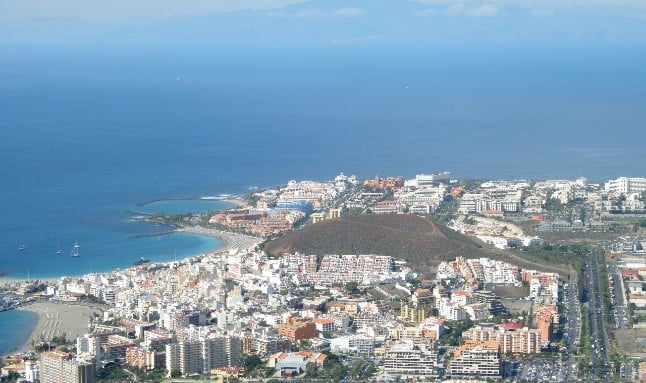An opinion poll commissioned by trade union group Travail Suisse points to a victory for the ‘yes’ camp in the popular initiative vote scheduled for March 11th. In 2009, Travail Suisse secured enough signatures to force the vote.
When asked how they would vote if a referendum for six weeks of holidays were to be held next Sunday, 57 percent said they would vote in favour. The percentage planning to vote ‘yes’ was down four points on a similar survey conducted in February 2011.
Travail Suisse said the decline was within the the margin of error and described support for the initiative as “stable” despite the “current crisis atmosphere”.
The group added that “the general population and economically active people are not letting themselves be misled, and know how important recovery time is.”
Three quarters of the population and almost 90 percent of the workforce want more vacation time than the current average of four weeks, according to the survey of 1,007 potential voters.
The poll showed that 84 percent of people between the ages of 35 and 54 want more than four weeks of holidays per year, compared to 63 percent of people above 55 years old.
German-speaking Switzerland is keener on more free days, with 79 percent in favour of the idea, as opposed to 73 percent in the French-speaking part of the country.
These figures “show clearly that the current legal norm for holidays does not satisfy families and does not contribute enough to improving compatibility between work and family life,” said Travail Suisse in a statement.
Under current law, holiday time allowance varies from sector to sector and from one canton to another.



 Please whitelist us to continue reading.
Please whitelist us to continue reading.
Member comments